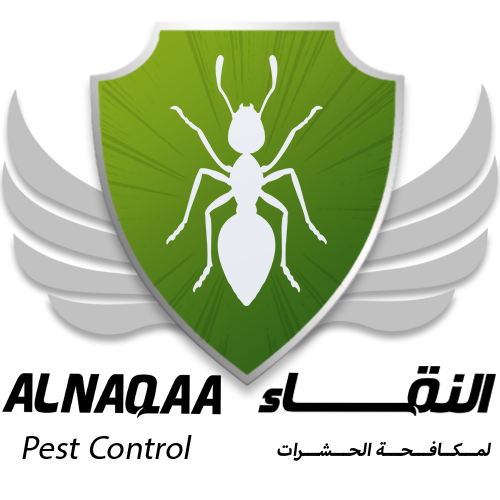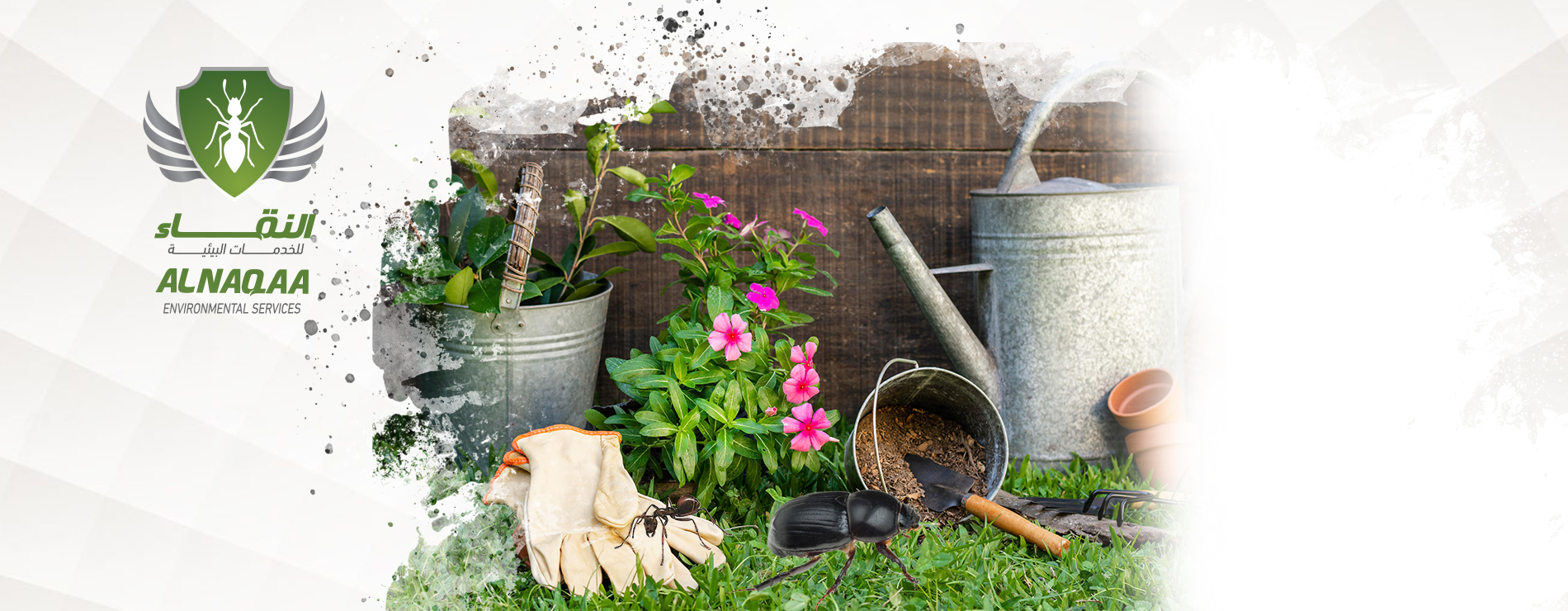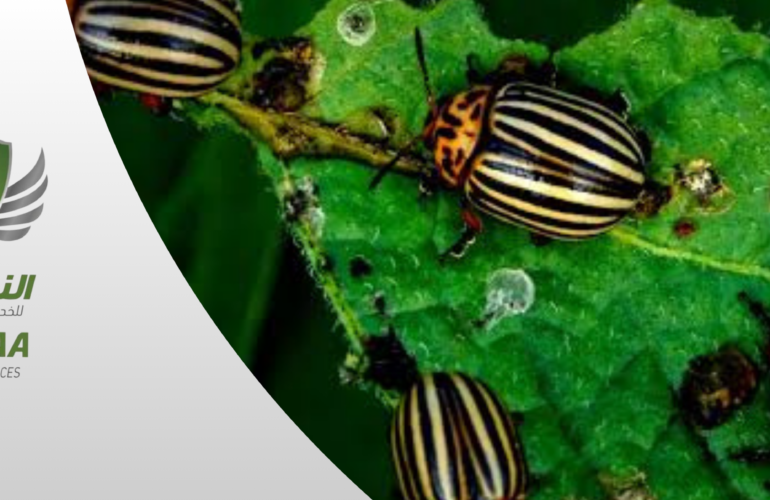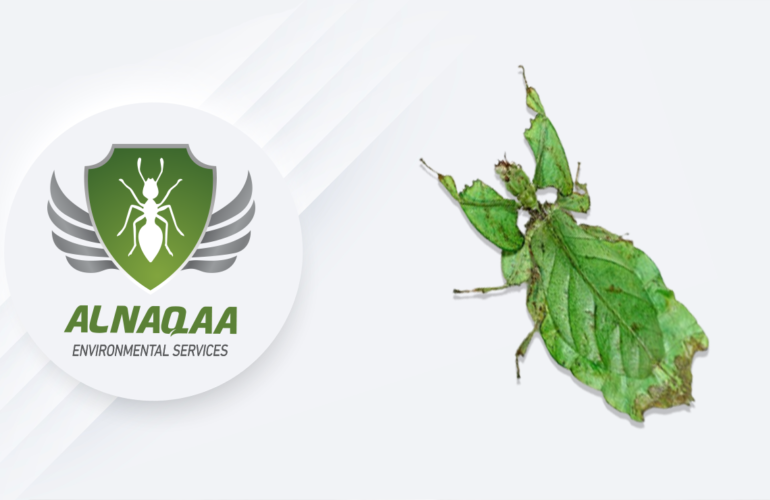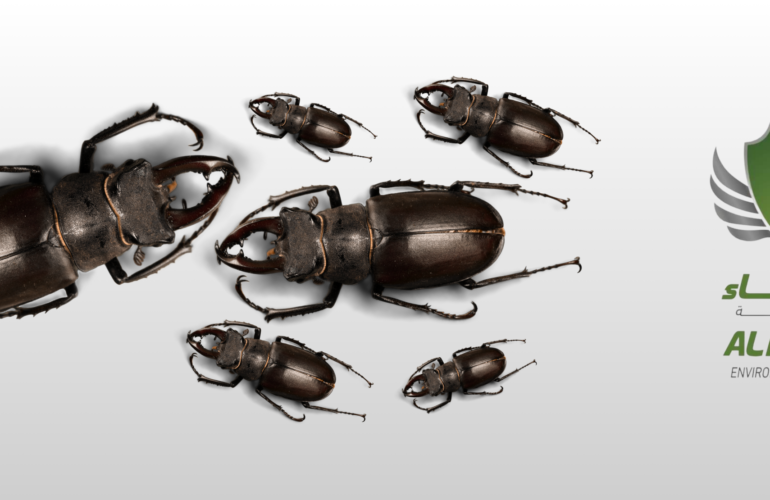The most common insects in home gardens
We know very well your love for your garden and your care for your beautiful and vibrant plants. However, these flowers and plants often fall victim to pests and diseases that can cause them to wither, weaken, and possibly die in the end. Therefore, you must be prepared for these pests with knowledge, monitoring, proactive measures, and immediate treatment as soon as any of these symptoms appear.
So, let us together become familiar with the most common insects and types of infestations that threaten our home gardens. When symptoms of insect infestations and pests appear in home gardens, it requires immediate implementation of effective measures to mitigate their impact on the plants.
Here are some of the common insects that are often found in home gardens:
-
- Aphids: These small insects are piercing-sucking insects that feed on plant sap and can cause damage to plants by distorting, curling, and changing the colour of leaves.
- Whiteflies: Whiteflies are small-sized piercing-sucking insects with wings that feed on plant sap. They can transmit plant viruses and cause leaf yellowing.
- Caterpillars: Caterpillars represent the harmful stage of some butterflies, such as cotton bollworms and moths. Some caterpillar species can feed on plants and cause noticeable damage to the leaves.
- Mealybugs: Mealybugs are soft-bodied insects that have a soft, white, flour-like covering. They feed on plant sap and often appear as white, waxy clusters on leaves and stems.
- Spider Mites: These small spiders suck plant fluids and can cause deformities and discolouration on leaves. They create thin webs on plants.
- Scale Insects: Scale insects attach themselves to plant stems and leaves, feeding on plant fluids. They often appear as small, round, or oval clusters.
- Slugs and Snails: These molluscs can cause damage to plants by eating leaves and stems. They are often active during humid and damp conditions.
- Ants: Although not directly harmful to plants, ants can protect and care for aphids for their sweet honeydew. This relationship can indirectly affect plant health.
- Beetles: Beetle species vary, such as Japanese beetles, and they feed on plant leaves, causing holes and damage. They are characterized by their small size and ability to quickly infest, similar to pests. They can significantly affect the roots, leading to plant issues.
- Silverfish: These nocturnal insects can feed on plants and cause irregular holes in the leaves.
- Leafhoppers: These small insects can transmit plant diseases and cause speckled discolouration on leaves.
- Trips: small insects that feed on plant juices, causing silvering or bronzing of leaves.

Remember that not all insects are harmful to plants. Some insects, like ladybugs and other predators, are beneficial and help control pest populations. Regularly monitoring your garden and practicing integrated pest management techniques can help you maintain a healthy balance of insect life in your home garden.
Here are some steps you can take:
-
- Check and Identify: Regularly inspect plants to detect any signs of insect or pest infestation. Signs may include changes in colour, shape, and deformities on leaves and stems.
- Hand Removal: If you find a small number of insects, manually remove them by trimming affected leaves or removing the insects by hand.
- Use Plant-Based Soap: Plant-based insecticidal soaps can be used to combat insects. Mix a small amount of soap with water and spray the mixture on the affected plants. This helps dislodge and kill the insects.
- Use Essential Oils: Some essential oils like peppermint and neem oil have strong insect-repelling properties. You can mix a few drops of these oils with water and spray them on plants.
- Beneficial Organisms: Utilize beneficial organisms such as rodents, spiders, and frogs to help control harmful insects. Encouraging these creatures in your garden can assist in pest management.
- Natural Pesticides: You can use natural pesticides like plant oil, essential oils, or plant-based soaps. Ensure to follow instructions carefully and avoid overusing chemicals.
- Pruning and Cleaning: Trim infected leaves and remove them from the plant to prevent the spread of pests. Additionally, remove dead or damaged leaves and parts from plants to improve ventilation and overall plant health.
- Preventive Measures: Maintain plant health by providing proper watering and nutrition to strengthen their immunity against pests. You can also install physical barriers like nets to prevent insects from reaching the plants.
- Consult Professionals: If the infestation is severe or cannot be managed using household methods, consulting pest control professionals like “Al Naqaa for insect control in Ras Al Khaimah might be necessary. They can offer tailored guidance and use safe and effective pesticides if needed.
Remember that sustainability is important in pest control. Try natural solutions first and avoid excessive use of chemical pesticides.
If you decide to engage a professional pest control service like “Al Naqaa for insect control in Ras Al Khaimah” to control the pest and insect issues in your home garden, here are some things to consider:
Research and Evaluation: The Company should have a good reputation in your area. Read customer reviews and ratings online to understand the quality of their services.
On-Site Assessment: Contact “Al Naqaa for insect control in Ras Al Khaimah” immediately and request an on-site assessment. They will visit your garden to estimate the extent of the infestation and identify the types of insects present.
Customized Plan: Based on their assessment, the company will provide you with a customized pest control plan outlining the actions they will take to eliminate the insects. This will include the methods and materials they will use.
Cost and Details: Request a cost estimate and an explanation of the services they will provide. Ensure you understand the services and the expected cost.
Agreement and Execution: If you agree to the plan and cost, you may sign an agreement with the company. Afterward, they will execute the plan and take the necessary control measures.
Monitoring and Evaluation: After implementing the measures, the company will monitor the results and evaluate the effectiveness of the treatments. If necessary, they might adjust the plan for better results.
Professional Consultation: If the infestation is severe or requires professional expertise to manage, consulting the experts at “Al Naqaa for insect control in Ras Al Khaimah” might be necessary. They can provide guidance and use safe and effective pesticides if required.
Before contracting with “Al Naqaa for insect control in Ras Al Khaimah” or any other pest control service, ensure they are licensed and insured. Also, clarify the details and become familiar with the services offered in all areas.


